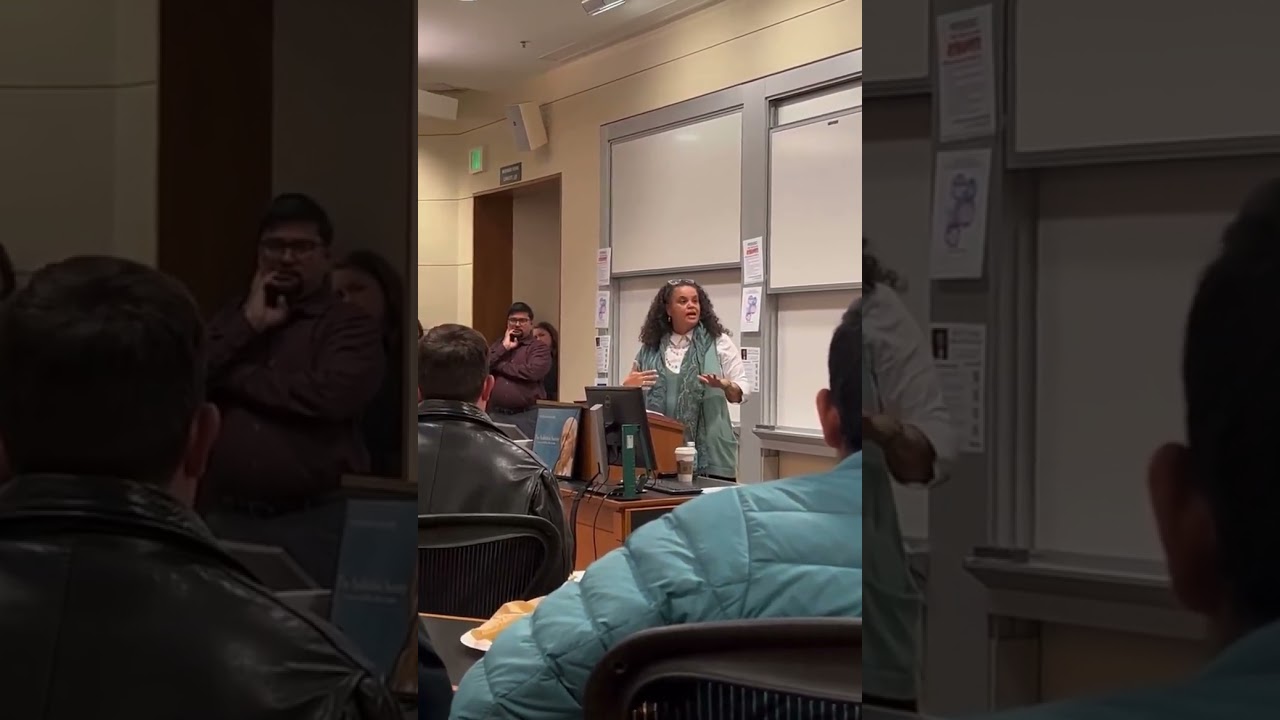Judge Kyle Duncan of the Fifth Circuit was invited to speak at Stanford Law School. However, when he arrived to give his talk, he was met with a mob of students who shouted him down and refused to let him speak. Judge Duncan has since spoken out about the incident, saying that it is not free speech to silence others.
The incident began when students from Stanford Law School protested an event by the Federalist Society that featured Judge Duncan. The students lined the halls of the school wearing black masks and holding signs that read “Free Speech Does Not Equal Hate Speech.” They then proceeded to shout down Judge Duncan before a dean took over the podium in order to restore order.
Judge Duncan welcomed Stanford Law’s requirement for all students to attend a free-speech program after this incident went viral and drew yet another protest from students for what they deemed an inadequate response from the school. In response to these protests, Judge Duncan said that he was disappointed by what happened but still believes in free speech and open dialogue on college campuses. He also noted that while people are entitled to their opinions, they should not be allowed to silence others or prevent them from speaking.
https://www.youtube.com/watch?v=xs3rELqpaEI&t=784s
In addition, Judge Duncan pointed out that while it is important for universities to foster an environment where everyone can express themselves freely without fear of retribution or censorship, it is equally important for those same universities to ensure that everyone’s rights are respected and protected. He argued that if universities do not protect these rights, then they risk creating an atmosphere where certain voices are silenced or ignored altogether.
“[America is] a great country, where you can harshly criticize federal judges and nothing bad will happen to you. You might even get praised or promoted. … The students at Stanford and other elite law schools swim in an ocean of free speech.”
“But make no mistake, what went on in that classroom on March the ninth had nothing to do with our proud American tradition of free speech. It was rather a parody of it.”
“It is not free speech to silence others because you hate them,” Duncan continued. “It is not free speech to jeer and heckle a speaker who has been invited to your school so that he can’t deliver a talk. It is not free speech to form a mob and hurl taunts and threats that aren’t worthy of being written on the wall of a public toilet. It is not free speech to pretend to be harmed by words or ideas you disagree with, and then use that feigned harm as a license to deny a speaker the most rudimentary forms of civility.”
Overall, Judge Kyle Duncan’s experience at Stanford Law School serves as a reminder of how important it is for universities and other institutions of higher learning to promote free speech and open dialogue while also ensuring that everyone’s rights are respected and protected. It also serves as a reminder of how quickly things can escalate when people feel like their voices are not being heard or taken seriously.


Leave a Comment